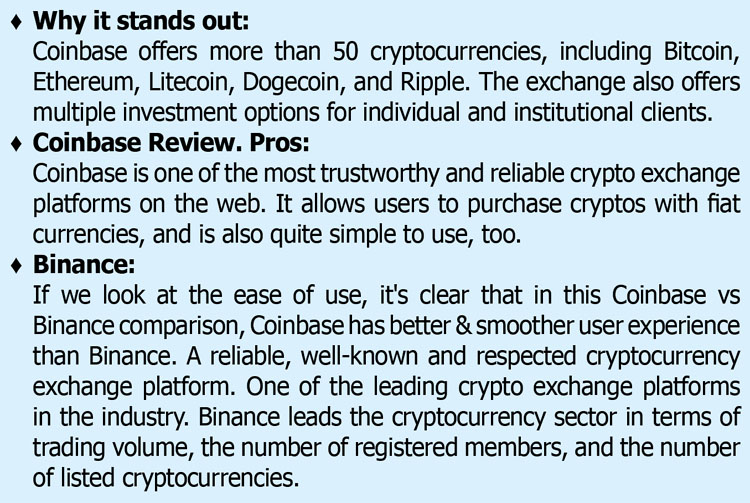There are now zero-fee fee crypto exchanges that allow individuals to buy, trade and sell Bitcoin and cryptocurrencies assets without paying any fees.

Investing or trading in Bitcoin or other cryptocurrencies can be intimidating at first. There is frequent news about scams and people losing money. While this is true, and many scams have happened and continue to happen, it has never been so simple to invest in and safely trade in cryptocurrency as it is today. The foremost concern when trading and purchasing Bitcoin, or other cryptocurrencies, is safety and security. Whether you intend to purchase and hold long term, want to trade frequently, are interested in anonymity or privacy, or simply want ease of use, the following exchanges are the best for any use case you may have. There are a number of ways to go about investing in Bitcoin or other cryptocurrencies. The best exchanges for certain types of traders as well as the best exchanges within each type of exchange.
Centralized Exchange:
The first and most common type of exchange is the centralized exchange. Popular exchanges that fall into this category are Coinbase, Binance, Kraken, and Gemini. These exchanges are private companies that offer platforms to trade cryptocurrency. These exchanges require registration and identification, also known as the Know Your Customer, or Know Your Client, rule. The exchanges listed above all have active trading, high volumes, and liquidity. That said, centralized exchanges are not in line with the philosophy of Bitcoin. They run on their own private servers which creates a vector of attack. If the servers of the company were to be compromised, the whole system could be shut down for some time. Worse, sensitive data about its users could be released.
The larger, more popular centralized exchanges are by far the easiest on-ramp for new users and they even provide some level of insurance should their systems fail. While this is true, when cryptocurrency is purchased on these exchanges it is stored within their custodial wallets and not in your own wallet that you own the keys to. The insurance that is provided is only applicable if the exchange is at fault. Should your computer and your Coinbase account, for example, become compromised, your funds would be lost and you would not likely have the ability to claim insurance. This is why it is important to withdraw any large sums and practice safe storage.
Decentralized Exchange:
Decentralized exchanges work in the same manner that Bitcoin does. A decentralized exchange has no central point of control. Instead, think of it as a server, except that each computer within the server is spread out across the world and each computer that makes up one part of that server is controlled by an individual. If one of these computers turns off, it has no effect on the network as a whole because there are plenty of other computers that will continue running the network.
This is drastically different from one company controlling a server in a single location. Attacking something that is spread out and decentralized in this manner is significantly more difficult, making any such attacks unrealistic and likely unsuccessful. Due to this decentralization, these types of exchanges cannot be subject to the rules of any regulatory body, as there is no specific person or group running the system. The individuals who participate come and go, so there is no one individual or group that a government or regulatory body can realistically pursue. This means that those trading on the platform do not have to declare their identification and are free to use the platform in any manner they choose, whether legal or not.

